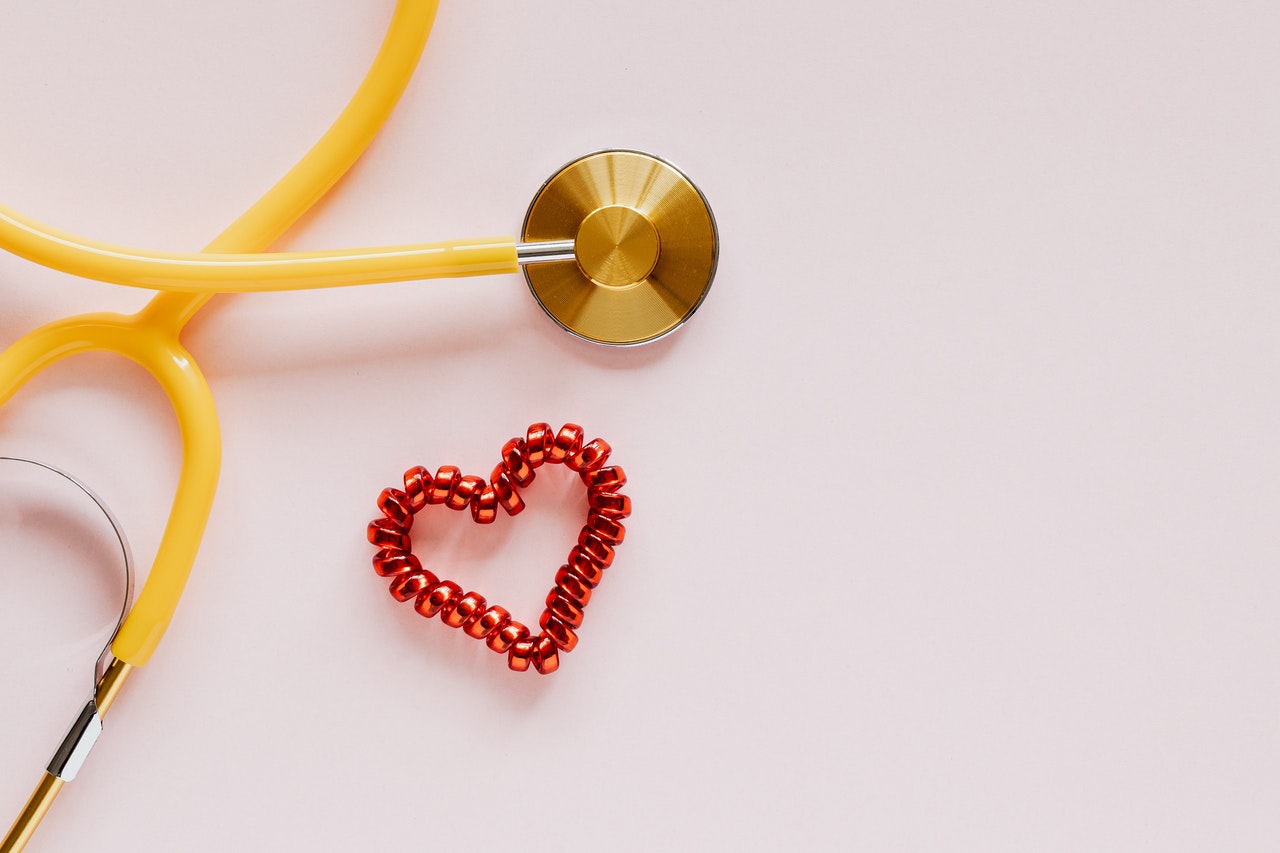
You probably have a lot going on in your life right now. Balancing work, school, and extra curriculars is hard enough without having to also include other things such as friends, family, and relationships. The last thing on your mind could be what the nutritional value of your food intake is, you kinda want something that is quick and easy to throw together the night before. Or get whatever food option during the day that is cheap and convenient. Even if you meal prep or are health conscious of what you eat, are you aware of the actual nutrients and vitamins that you are intaking? 90% of people don’t get the recommended amount of important nutrients from food alone, so you have to turn to vitamins and supplements.
Recommended intake varies with age and lifestyle (time spent outside and/or physically active). We recommend talking to your health care provider to get a better idea of what fits you! With that *disclaimer* Let’s talk about vitamins and nutrients women in their early 20s to 30s need.
Vitamin D
Fun in the sun! Our bodies are able to make Vitamin D when exposed to sunlight. It is important for the development and maintenance of healthy bones. It is also important for pregnant and breastfeeding women for the development of the baby. Other than the sun, fortified foods like milk are also good ways to get Vitamin D. The recommended amount of Vitamin D3 is 600 IU daily.
Folate
Folate is Vitamin B found in food, while folic acid is the synthetic form of folate. Folic acid is found in supplements and added to fortified foods such as flour and grain products. Folate can be found in greens like spinach and asparagus, as well as in fruits like cantaloupe.
It is important for pregnant women to take supplements with folic acid as it is responsible for DNA replication. It also reduces the risk for the fetus to develop neural tube defects (spina bifida). The recommended amount of folate intake is between 400-800mg for pregnant women, they can be taken in the form of prenatals.
Iron
You lose iron through blood loss i.e menstruation. Those with heavier periods are more at risk for iron deficiency anemia. Iron deficiency anemia is when blood lacks adequate healthy red blood cells to carry oxygen to the body’s tissues. Iron can also lack within your diet. Iron can be found in foods such as meat, eggs, and leafy greens. Pregnant women are also at risk for iron deficiency since their blood volume increases.
Increase your intake of iron filled foods as well with supplements. The recommended amount of iron is 10mg daily.
Magnesium
Magnesium deficiency is commonly seen in women during their 20’s. It is an essential mineral and electrolyte needed in energy production, muscle function, and nerve function to name a few. Having a low-magnesium diet over time and drinking excessively can lead to a magnesium deficiency. Pregnant and lactating women also deplete their magnesium levels.
You can increase magnesium intake through foods with high magnesium levels. Black beans, peanut butter, avocado, rice, bananas, and oatmeal are just some foods that can be incorporated into your diet to raise your magnesium intake. The recommended intake is 310mg.
Calcium
At the age 18 you would have attained 90% of your adult bone mass. By the time you reach your late 20s you would have reached peak adult bone mass. Aside from needing calcium for bone growth, your body also needs it for organs and skeletal muscles to work properly. According to Harvard Medical School, having a high calcium intake does not help prevent hip fractures when you’re over 50. It does matter in your formative and early 20s for bone development.
You can easily get calcium from your diet in the form of greens (kale, broccoli, and collard greens), seafood, and dairy products. The recommended calcium intake for women under 50 is 500mg.
For a lot of these vitamins and nutrients you can meet the recommended daily intake through a healthy diet. Depending on your own diet, (not consuming dairy) you need help to reach your intake amount. Health problems can limit the absorption and retention from getting nutrients through food. Both of them can be resolved by taking supplements. Everyone’s body is different, so it is important to visit a medical provider before self-diagnosing symptoms and labeling it a nutrient deficiency as it might not be it.



